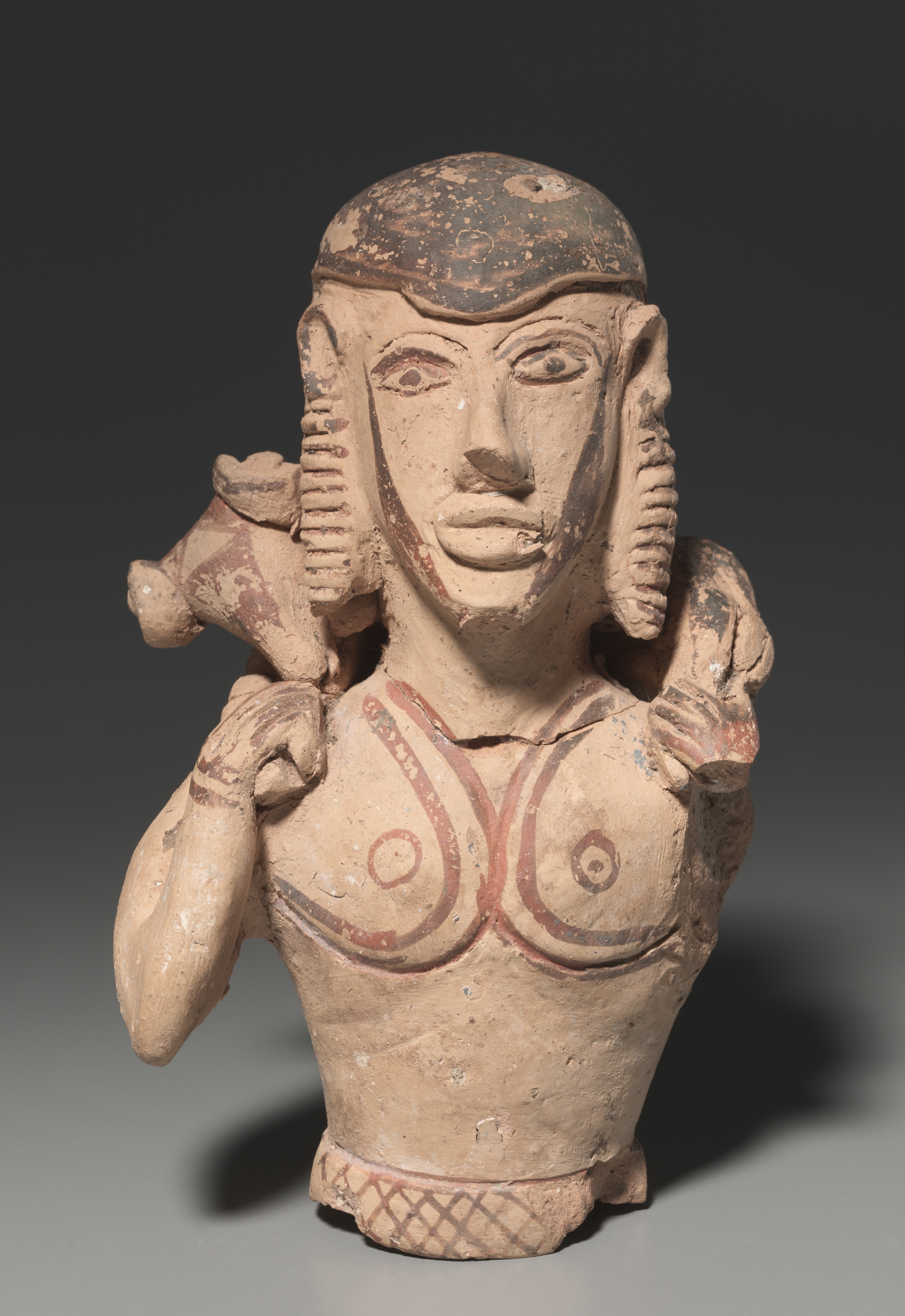Zoster (costume) on:
[Wikipedia]
[Google]
[Amazon]
 A zoster ( el, ζωστήρ, ''zōstēr'') was a form of girdle or belt worn by men and perhaps later by women in
A zoster ( el, ζωστήρ, ''zōstēr'') was a form of girdle or belt worn by men and perhaps later by women in
 A zoster ( el, ζωστήρ, ''zōstēr'') was a form of girdle or belt worn by men and perhaps later by women in
A zoster ( el, ζωστήρ, ''zōstēr'') was a form of girdle or belt worn by men and perhaps later by women in ancient Greece
Ancient Greece ( el, Ἑλλάς, Hellás) was a northeastern Mediterranean civilization, existing from the Greek Dark Ages of the 12th–9th centuries BC to the end of classical antiquity ( AD 600), that comprised a loose collection of cult ...
, from the Archaic period (c. 750 – c. 500 BC) to the Hellenistic period
In Classical antiquity, the Hellenistic period covers the time in Mediterranean history after Classical Greece, between the death of Alexander the Great in 323 BC and the emergence of the Roman Empire, as signified by the Battle of Actium in 3 ...
(323–30 BC).
The word occurs in Homer
Homer (; grc, Ὅμηρος , ''Hómēros'') (born ) was a Greek poet who is credited as the author of the ''Iliad'' and the ''Odyssey'', two epic poems that are foundational works of ancient Greek literature. Homer is considered one of the ...
, where it appears to refer to a warrior's belt of leather, possibly covered in bronze plates. Later references in the late Archaic and early Classical periods show it used as a belt or cloth girdle with men's clothes, especially the shorter ''chiton
Chitons () are marine molluscs of varying size in the class Polyplacophora (), formerly known as Amphineura. About 940 extant and 430 fossil species are recognized.
They are also sometimes known as gumboots or sea cradles or coat-of-mail s ...
''.
By the Hellenistic period, it had become synonymous with "zone" and was used for women's clothes as well as men's.
The zoster was also worn and is still worn by Greeks when wearing traditional costumes (regional clothing).
See also
*Clothing in ancient Greece
Clothing in ancient Greece primarily consisted of the chiton, peplos, himation, and chlamys. Ancient Greek civilians typically wore two pieces of clothing draped about the body: an undergarment ( : chitōn or : péplos) and a cloak ( : himátio ...
References
Belts (clothing) Greek clothing {{AncientGreek-lang-stub